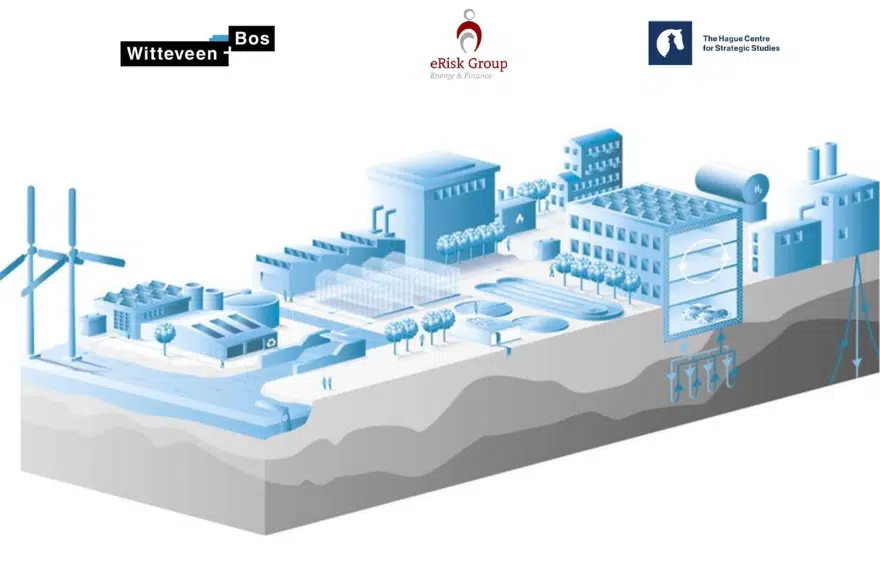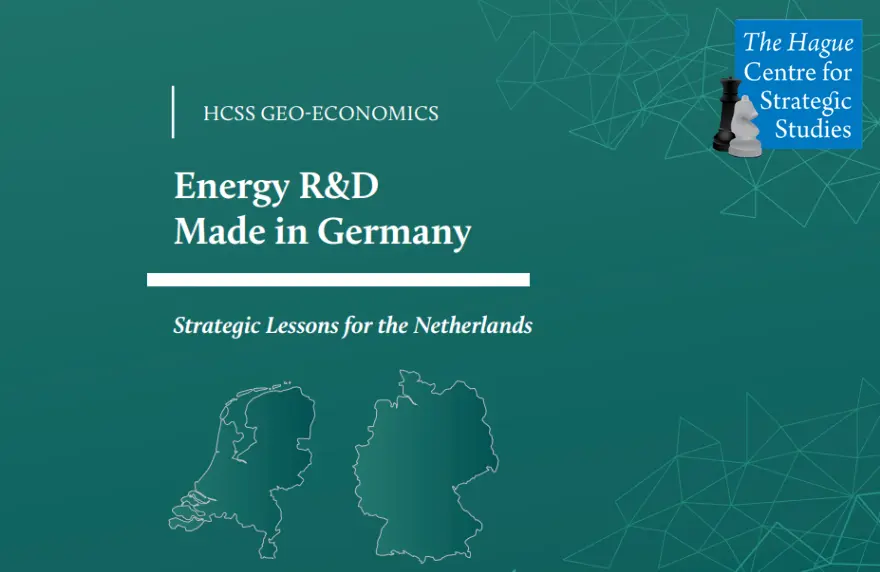Research
The future low-carbon energy system is much more material intensive than our current fossil-fuel based one. The demand for minerals essential to green technologies will dramatically increase, posing geopolitical, economic and environmental challenges to the European Union and its members.
Cobalt is essential in manufacturing lithium-ion batteries for electric cars and stationary applications, thus bearing significant weight in the energy transition. Ramping up domestic cobalt mining could contribute to European open strategic autonomy, as 70% of global cobalt supply is mined in the Democratic Republic of Congo and 70% of global cobalt refining capacity is in China. The future contribution of domestic cobalt mining to European demand in 2035 could amount to 3.1%. It remains relevant to analyse the obstacles and possibilities for developing EU cobalt mines, especially since some of these findings can be applied to other critical raw materials that are more abundantly present throughout EU member states such as lithium.
Domestic mine development could become more attractive if communication is improved with local communities about the need for mining activities while acknowledging that mining will always impact the local environment. Strict regulations and high sustainability standards will ensure minimal environmental impact in the EU compared to countries with weaker standards. The EU will still need strategic partnerships with countries like Australia and Canada, as the contribution of domestic mining will remain rather limited. Next to that, the EU should invest in professionalizing the artisanal mining sector in the DRC, which would decrease the negative consequences on livelihoods and increase the availability of sustainably sourced cobalt.
Ultimately, by ramping up recycling rates and taking action to decrease demand, the EU could become self-reliant for cobalt supply by 2050. Until then, however, domestic mine development could contribute to mitigating the potential supply chain disruptions given the extreme pressure on mineral supply chains in the next decades.
Authors: Arnoud Roelfsema, Irina Patrahau, Michel Rademaker. Contributors: Giovanni Cisco.
This report is based on MSc thesis ‘The road towards energy justice and strategic autonomy in the energy transition: can domestic mining of cobalt be the answer for the EU?’ prepared by Arnoud Roelfsema and supervised by Emilinah Namaganda in graduation of the International Development Studies master’s programme in 2022 at Utrecht University.
Cover image: Fairphone 2022






